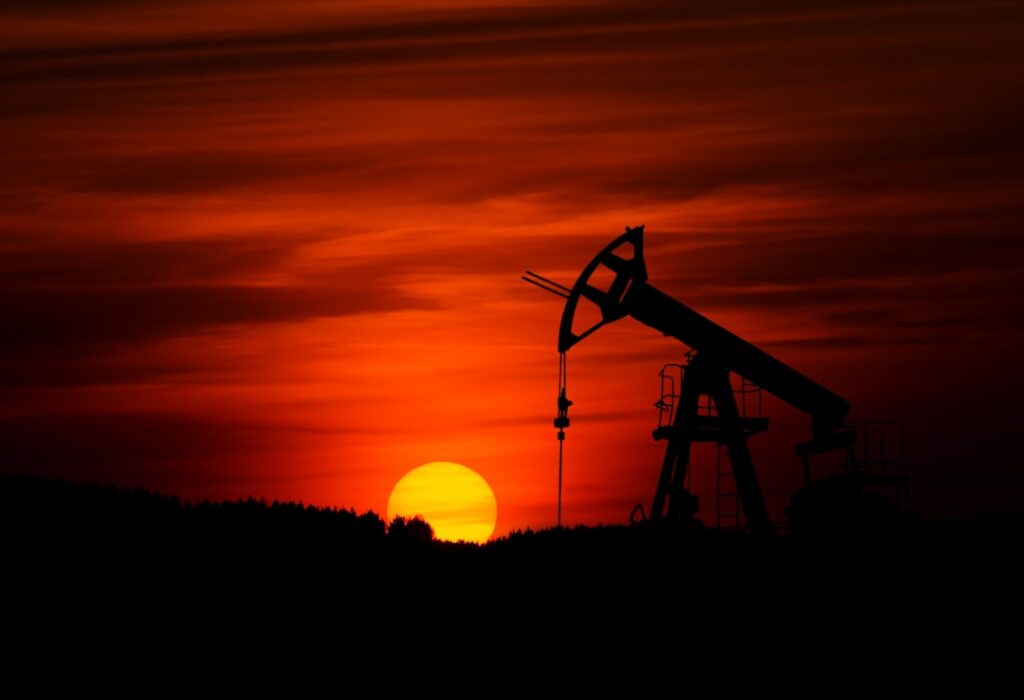Understanding Petroleum: The Lifeblood of Modern Industry
Petroleum, commonly known as oil, plays a crucial role in the global economy. As a key source of energy and raw material, its applications span various industries, from transportation and manufacturing to pharmaceuticals. This article delves into the importance of petroleum, its extraction process, and its impact on the environment.
What is Petroleum?
Petroleum is a natural liquid found beneath the Earth’s surface, composed of hydrocarbons and other organic materials. It forms from the remains of ancient marine organisms, which have undergone millions of years of heat and pressure. This substance is typically extracted through drilling and is then refined into various products, including gasoline, diesel, jet fuel, and plastics.
Types of Petroleum Products
- Gasoline: Primarily used as fuel for vehicles.
- Diesel: Utilized in heavy machinery and long-haul trucking.
- Jet Fuel: Essential for powering airplanes.
- Asphalt: Used in road construction and roofing.
- Chemicals: Serve as raw materials in producing detergents, fertilizers, and synthetic fabrics.
The Extraction Process of Petroleum
The extraction of petroleum involves several steps, ensuring that it is efficiently obtained and processed. The main techniques used include:
Exploration
Before extraction can occur, companies conduct geological surveys and seismic tests to identify potential drilling sites. Advanced technology helps locate underground oil reserves, minimizing the risk and maximizing efficiency.
Drilling
Once a viable site is identified, drilling begins. This involves creating a borehole to reach the oil deposits. There are two primary types of drilling:
- Onshore Drilling: Occurs on land and is generally less expensive.
- Offshore Drilling: Takes place in oceans and requires more advanced technology and significant investment.
Environmental Impact of Petroleum
While petroleum is vital for many industries, its extraction and use can lead to significant environmental consequences. Some major concerns include:
Oil Spills
Accidental oil spills during transportation or drilling can cause catastrophic damage to ecosystems, affecting marine and terrestrial life. Cleanup efforts are costly and often only partially restore the affected areas.
Greenhouse Gas Emissions
The burning of petroleum products contributes to greenhouse gas emissions, which play a crucial role in climate change. Transitioning to renewable energy sources is essential to mitigate these impacts.
The Future of Petroleum
Despite the challenges associated with petroleum, it is unlikely to disappear in the near future. However, the industry is evolving as society pushes for sustainable alternatives. Innovations in technology, such as carbon capture and storage, aim to reduce the environmental footprint of fossil fuels.
Shifting Toward Renewable Energy
As the world becomes increasingly aware of climate issues, a shift toward renewable energy sources is necessary. Solar, wind, and hydropower are gaining traction, presenting alternatives to petroleum. Governments and organizations are investing in research and infrastructure to support this transition.
Conclusion
Petroleum remains a cornerstone of the modern economy, driving various industries and influencing global markets. Understanding its extraction process, environmental implications, and future trends is crucial for consumers, businesses, and policymakers. As society advances toward more sustainable energy practices, the role of petroleum will continue to evolve, balancing economic growth with environmental stewardship.
The Importance of Petroleum in the Modern Economy
Petróleo, often referred to as black gold, plays a crucial role in the global economy. As a primary energy source, it powers industries, fuels vehicles, and generates electricity. The ripple effects of its production and distribution can be seen in various sectors, from commerce to transportation. Essentially, petroleum acts as the backbone of many industrial processes, making it an indispensable commodity in today’s world.
Petroleum and Energy Security
Energy security is a significant concern for nations reliant on petroleum for their energy needs. The availability of oil reserves links closely to a country’s ability to maintain its energy independence and stability. In many regions, especially those without sufficient alternative energy resources, the reliance on imported petroleum can lead to geopolitical tensions and economic vulnerabilities. Thus, ensuring a stable supply of petroleum remains a priority for governments globally.
Environmental Considerations and the Future of Petroleum
Despite its immense value, petroleum extraction and consumption raise critical environmental concerns. The process can lead to habitat destruction, water pollution, and air quality issues, prompting calls for a transition to greener energy sources. However, the question of petroleum’s future remains complex. Many experts propose that a balanced approach is necessary, integrating renewable energy while still recognizing the significant role of petroleum.
The Role of Technology in Sustainable Oil Practices
Innovative technologies are emerging to address some of the environmental challenges posed by petroleum extraction. Enhanced oil recovery techniques, carbon capture and storage, and precision drilling methods aim to reduce the ecological footprint of oil production. These advancements highlight the potential for the oil industry to adapt and implement more sustainable practices while continuing to meet global energy demands.
Global Oil Markets and Their Fluctuations
The global oil market is notoriously volatile, influenced by various factors including geopolitical events, economic trends, and technological advances. When conflicts arise in key oil-producing regions, prices can surge, impacting economies worldwide. Conversely, advancements in alternative energy and increased efficiency in fuel consumption can lead to decreases in oil prices, showcasing the interconnectedness of the global economy and the dependence on petroleum.
Investment Trends in the Petroleum Sector
Investors are closely monitoring trends in the petroleum sector, as they determine the sustainability of traditional oil investments. Understanding the balance between fossil fuels and renewable energies is crucial for any investment strategy. As the demand for oil continues, even amidst a push toward sustainability, investors are keen to support innovations that may drive the future of petroleum in more environmentally responsible directions.


